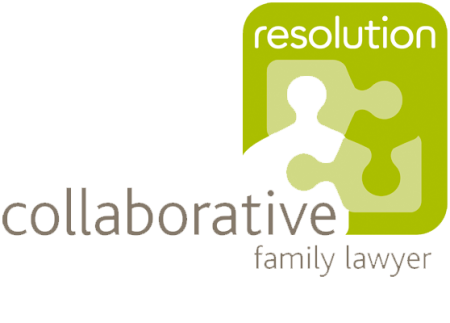Same Sex Relationships – specialist lawyers
Understand exactly what your legal status is.
Solicitors for same sex couples
The law relating to same sex families is complex and requires careful consideration. Branch Austin McCormick LLP will give you clear expert advice on what is the current status of your relationship to your child, guide you through any steps you need to take and advise you of any Court Orders that you need to apply for to ensure that your legal relationship with your child is what you intended.
Not all same sex couples have legal arrangements in place even though they intend to live as a family. Quite often it is only when a relationship breaks down that such couples give any thought to their legal relationship to their child. Our lawyers have experience in ensuring arrangements are put in place to ensure that a child can maintain a relationship with their other parent even in the event of a relationship breakdown regardless of the child’s legal or biological status.
English law recognises a diverse array of family and parental relationships. “Family” includes same sex families. The legal status of a child in a same sex family will depend on many factors including how the child was conceived. Many same sex families have a child by a non-traditional route such as assisted reproduction, donor conception or surrogacy.
English law makes a distinction between legal parents and those with parental responsibility for a child. If you are a same sex family, it is very important that you understand exactly what your legal status is and formalise your legal relationship with your child if you need to.
-
Legal Parenthood - Who is the Legal Parent?
The birth mother will always be the legal parent of a child even if the birth mother is not the biological mother. So, for example, a surrogate mother who has not used her own egg for the child will be the legal mother under English law, even though she is not the child’s biological mother. In this kind of scenario, the surrogate mother would have to “transfer” her parentage to the intended parents of the child after the child is born. The intended parents would have to apply to the Court for a Parental Order.
Where the birth mother is married or in a civil partnership, her husband or civil partner will automatically be the legal father of the child (unless he did not consent to the pregnancy). This would apply in the case of a surrogacy and parenthood would need to be transferred to the intended parents by both the birth mother and her husband or civil partner by way of an application to the Court for a Parental Order.
Where a child is born to a birth mother who is not married or in a civil partnership and her insemination took place outside a licensed clinic, then the biological father will also be the legal father. This could have unintended consequences, for example, where that biological father donated his sperm to same sex female partners but never intended to play any part in the child’s life. That biological father would still be financially responsible for the child.
If,on the other hand, the child was conceived in a UK licensed clinic and both parents completed and signed (before conception) all the necessary legal forms including the form nominating the birth mother’s partner as the second legal parent, then the birth mother and the partner she nominated will be the child’s legal parents.
-
Who will go on a child’s birth certificate?
A child can have a maximum of two legal parents recorded on their birth certificate. If you are in a same sex family, then you cannot simply agree who should go on your child’s birth certificate because the law dictates who the legal parents are. You can however do some planning in advance by deciding how and where you conceive your child and by deciding to marry before any pregnancy.
-
Why does it matter who a child’s legal parent is?
Who the legal parent is can be fundamentally important to a child’s sense of identity. Only a legal parent can be named on a birth certificate and only a legal parent has financial responsibility for the child. A child can inherit (in the absence of a Will) through a legal parent only.
-
What is parental responsibility ?
The law defines this as “all the rights, duties, powers, responsibilities, and authority which by law a parent of a child has in relation to the child…”. If you have parental responsibility, you have the right to be consulted on important decisions about your child’s upbringing such as his or her medical treatment, education, and any travel abroad.
While a child can only ever have two legal parents, more than two people can share parental responsibility for that child.
If you are not a legal parent, you can still obtain parental responsibility for a child through a Parental Responsibility Agreement or a Parental Responsibility Order or a “Live With” Child Arrangements Order.
-
Memberships and Accreditations



-
Complimentary Consultation
If you would like to find out more about how our team of specialist family and divorce lawyers based in London can support you then please get in touch.
You can book a complimentary 30 minutes consultation session with our friendly and knowledgeable Head of Family Law, Saika Alam. In the session, Saika will learn more about the challenges that you are facing and talk through how we can help.
We understand that it is so important that you get to speak to your divorce and family lawyer before you make any kind of commitment to use them. You need to get to know your divorce and family lawyer as much as we need to get to know you. That is why we do not make a charge for your initial consultation with us.
Contact Us
Saika Alam Partner & Co-Head of Family Law
+44 (0) 20 7851 0110

Key Contacts




